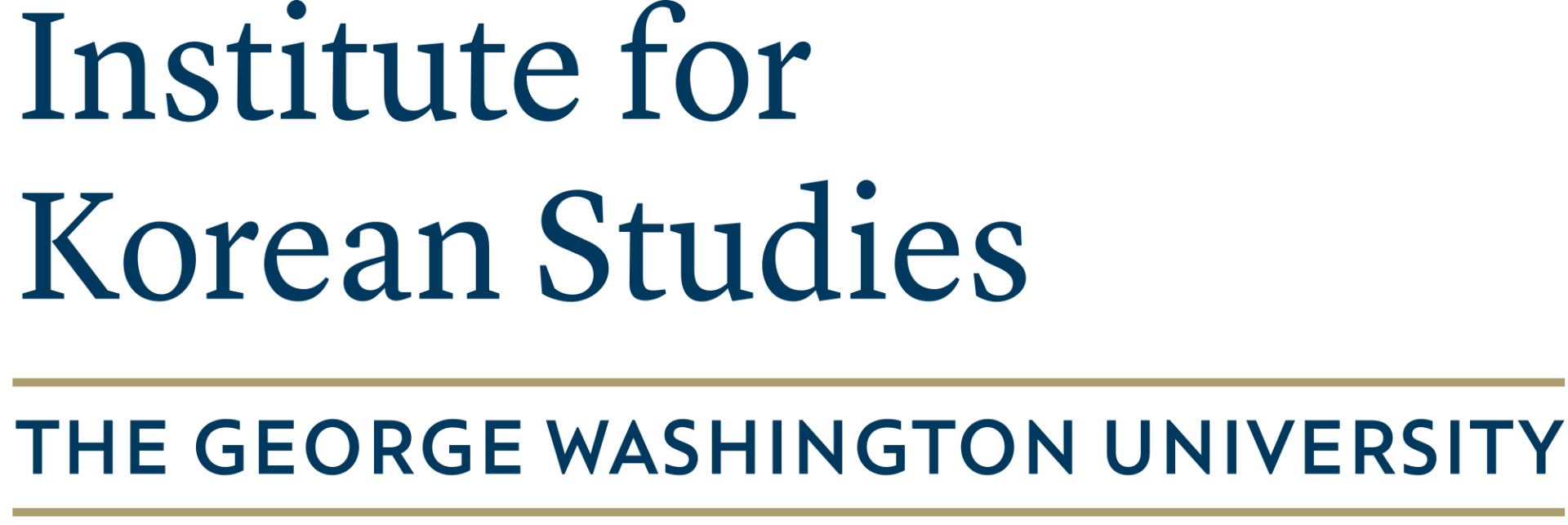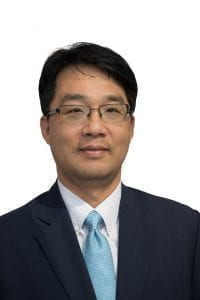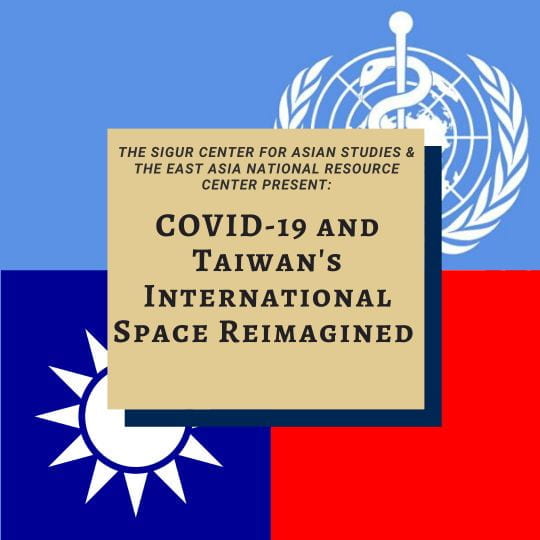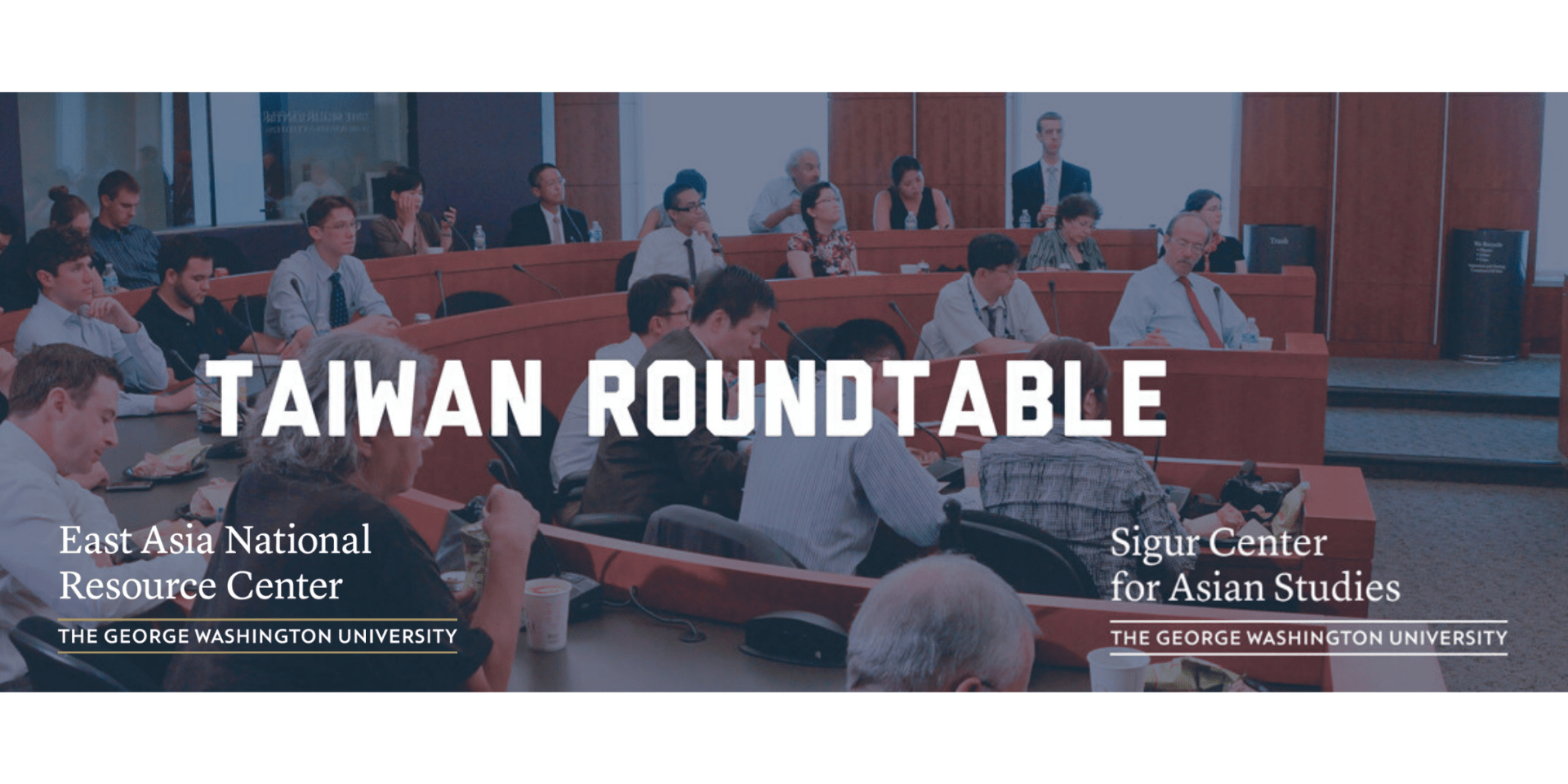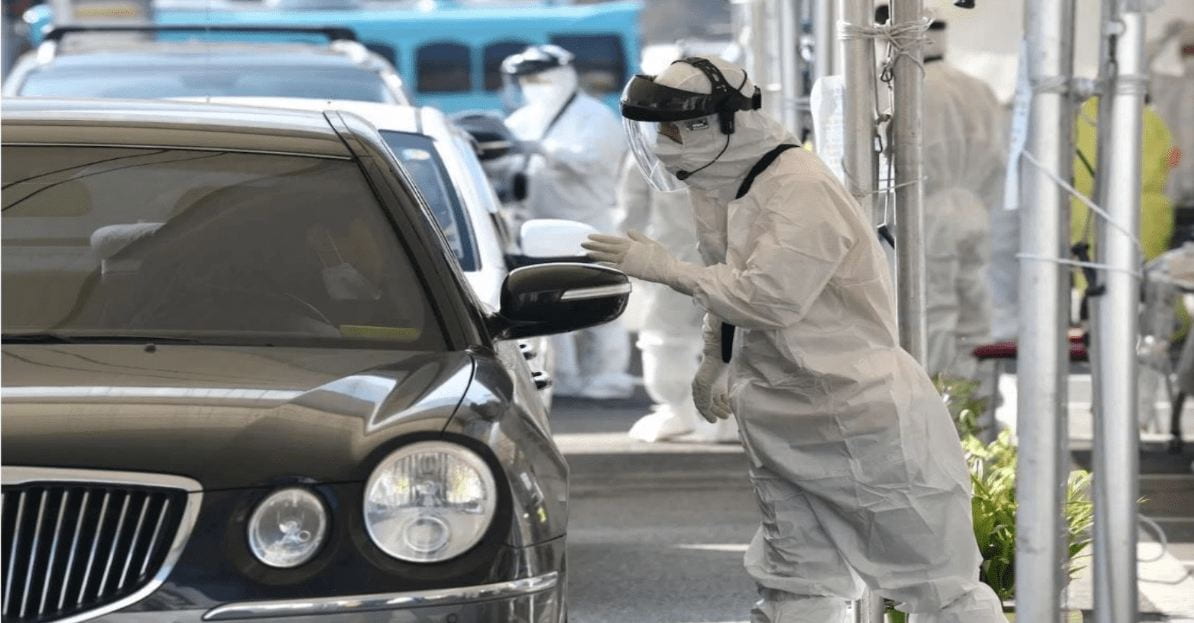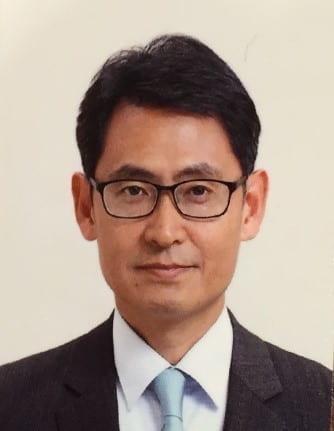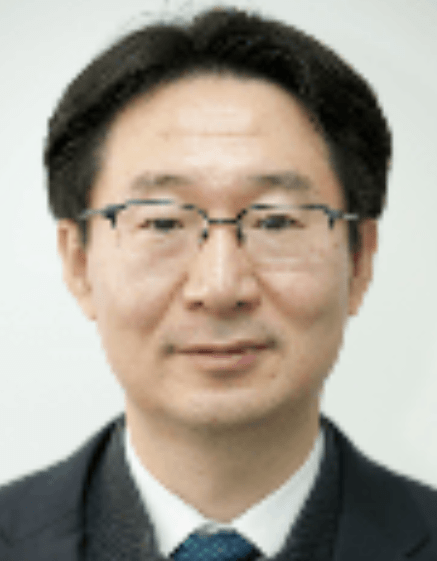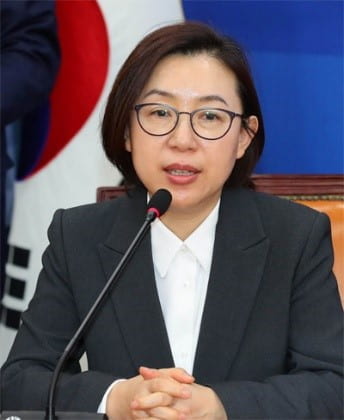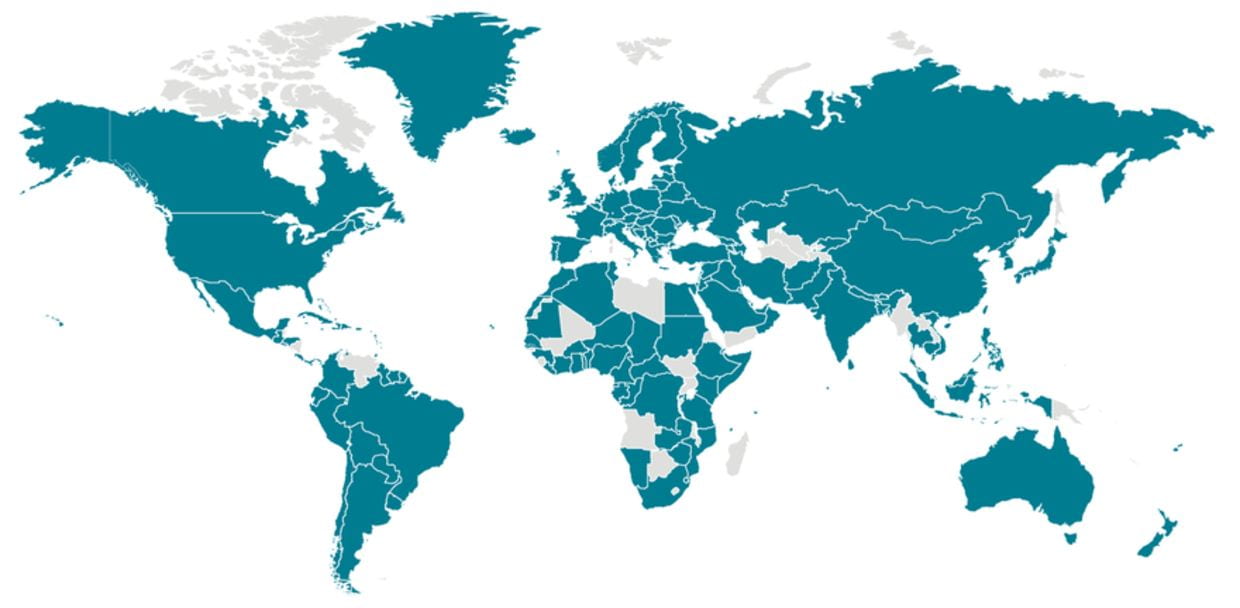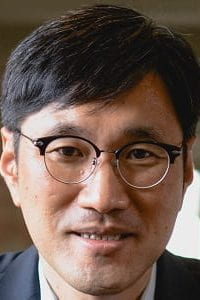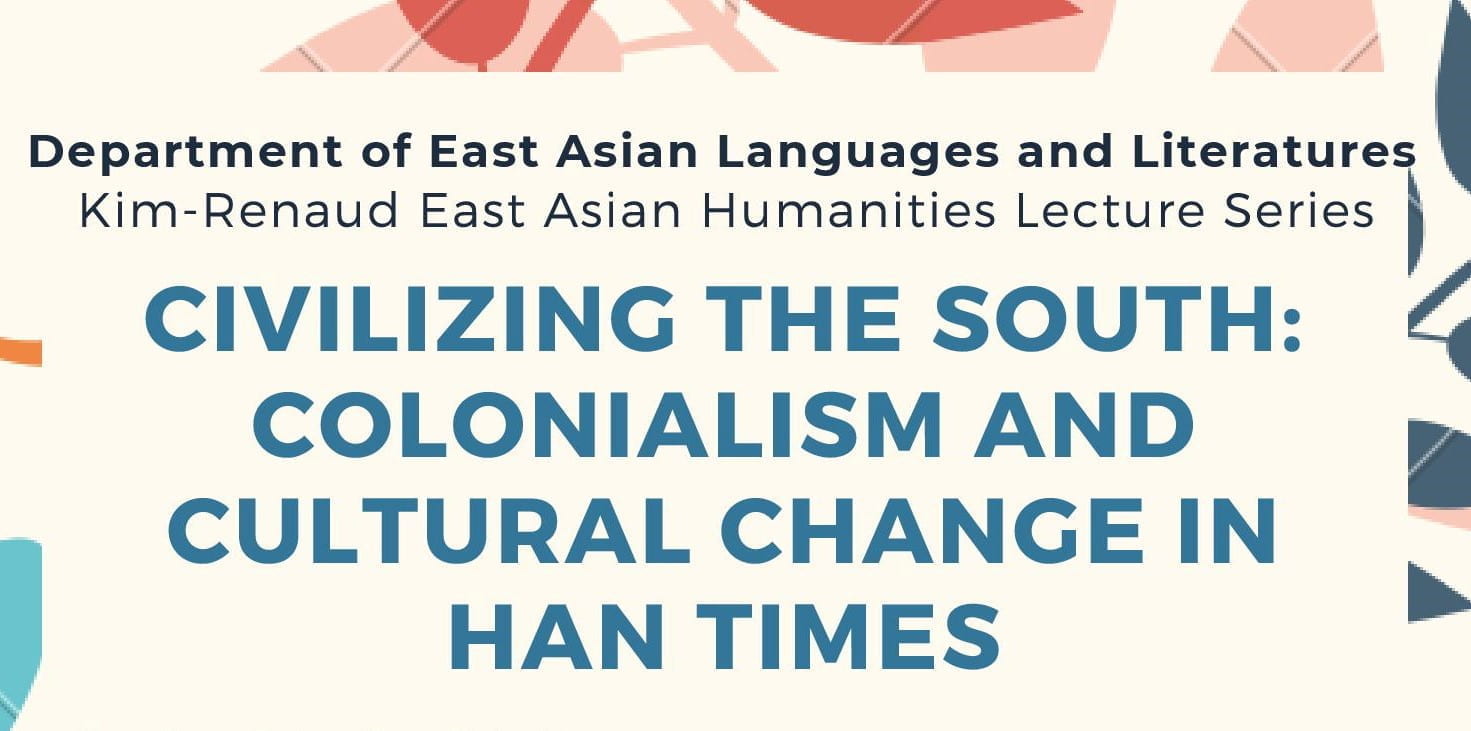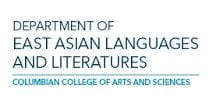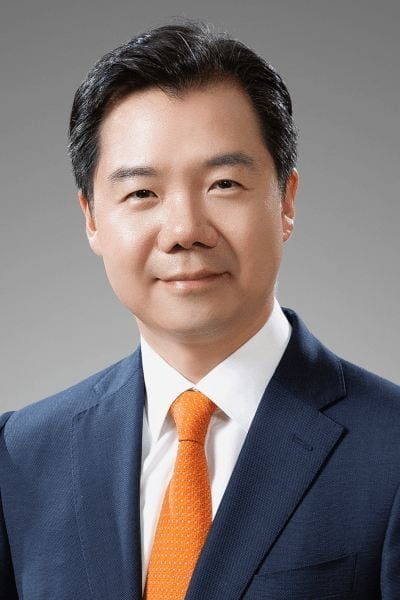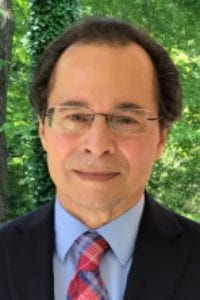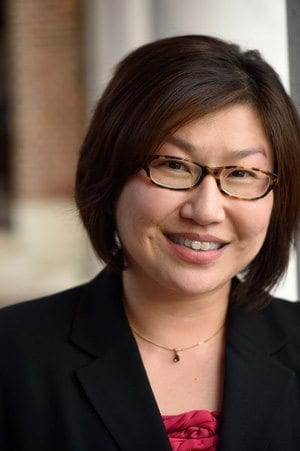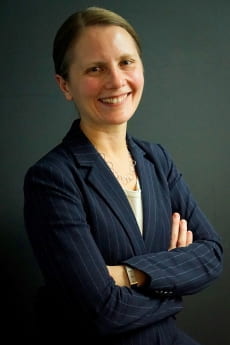“Pandemic Politics in Southeast Asia”
Livestream via WebEX
Event Description
Speaker
Julia Lau
Non-resident Scholar, Sigur Center for Asian Studies
Date & Time
Thursday, July 9, 2020
12:30 PM-1:30 AM EDT
Note: Registration closes at 12:30pm EDT on July 8. This event is on the record, open to the public, and will be recorded. Advance questions can be sent to gsigur@gwu.edu with subject “Julia Lau Q&A” or directly entered into Webex during the event.
Media inquiries must be sent to Jason Shevrin, jshevrin@gwu.edu. If you need specific accommodations, please contact gsigur@gwu.edu with at least 3 business days’ notice.
Speaker
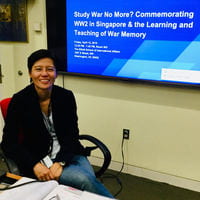
Julia Lau is an independent scholar, tutor and writer based in Phoenix, AZ. A native of Singapore, she attended the National University of Singapore and Georgetown University, and has graduate degrees in law, security studies, and government. She has lectured at Georgetown University, The Catholic University of America, and McDaniel College in Westminster, MD in international relations and comparative politics. Her current research interests include war memory in Southeast Asia and China, and gender politics. She was a member of the American Political Science Association’s inaugural status committee on Contingent Faculty (2016-2019), advocating for better working conditions and understanding of contingent and adjunct faculty in political science.




